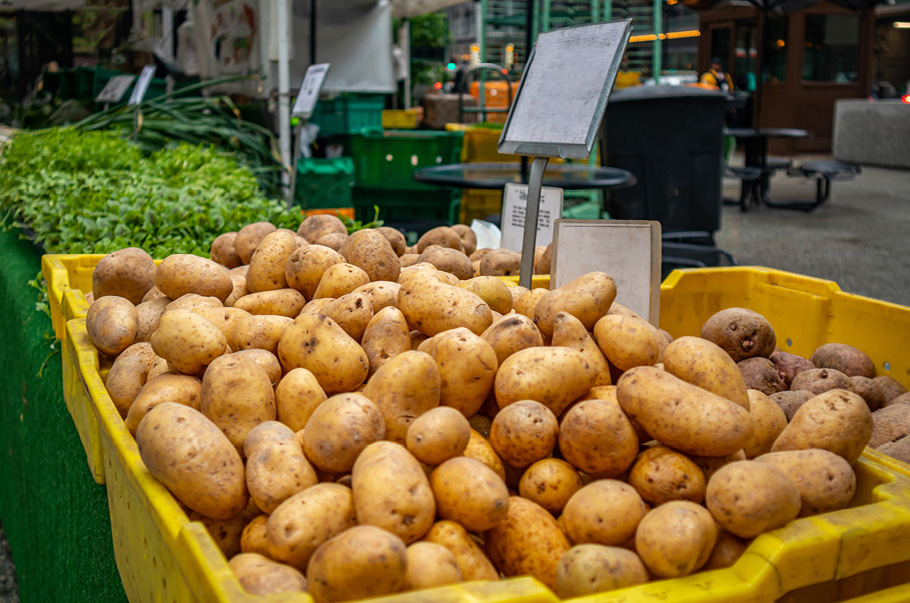An increasing number of Polish people are paying more and more conscious attention to the food they buy. The consumers are concerned not just with the appearance and quality but with the product composition and origin as well. Passportization of products will enable access to information about the products at every stage of the supply chain. This is not just about the country of origin, which is already being marked on the packaging anyway.
We already know we are able to show, for instance, where and how a given bull was raised, whether or not it took any antibiotics, who treated it, how it was transported, if there was welfare, or if it has been humanely processed at a slaughterhouse.
Michał Wiśniewski, Deputy General Director of the National Support Centre for Agriculture
Polish exports will benefit from passportization
This project is unique on a global scale. So far, similar practices have only been applied by the largest trade chains. Read here about a blockchain-based technology introduced by Carrefour this year. As stressed by Henryk Kowalczyk, Deputy Prime Minister, the Minister of Agriculture and Rural Development, Polish food exports will benefit from passportization. In 2020, the value of exports reached EUR 34 billion, which means a EUR 2 billion growth in relation to the previous year.
Newseria / wiadomoscispozywcze.pl












